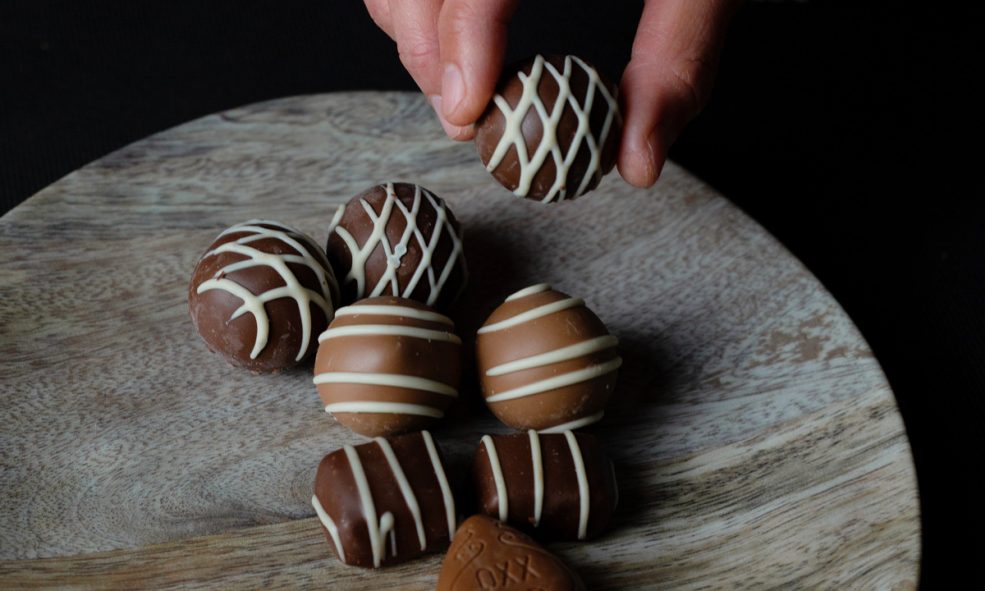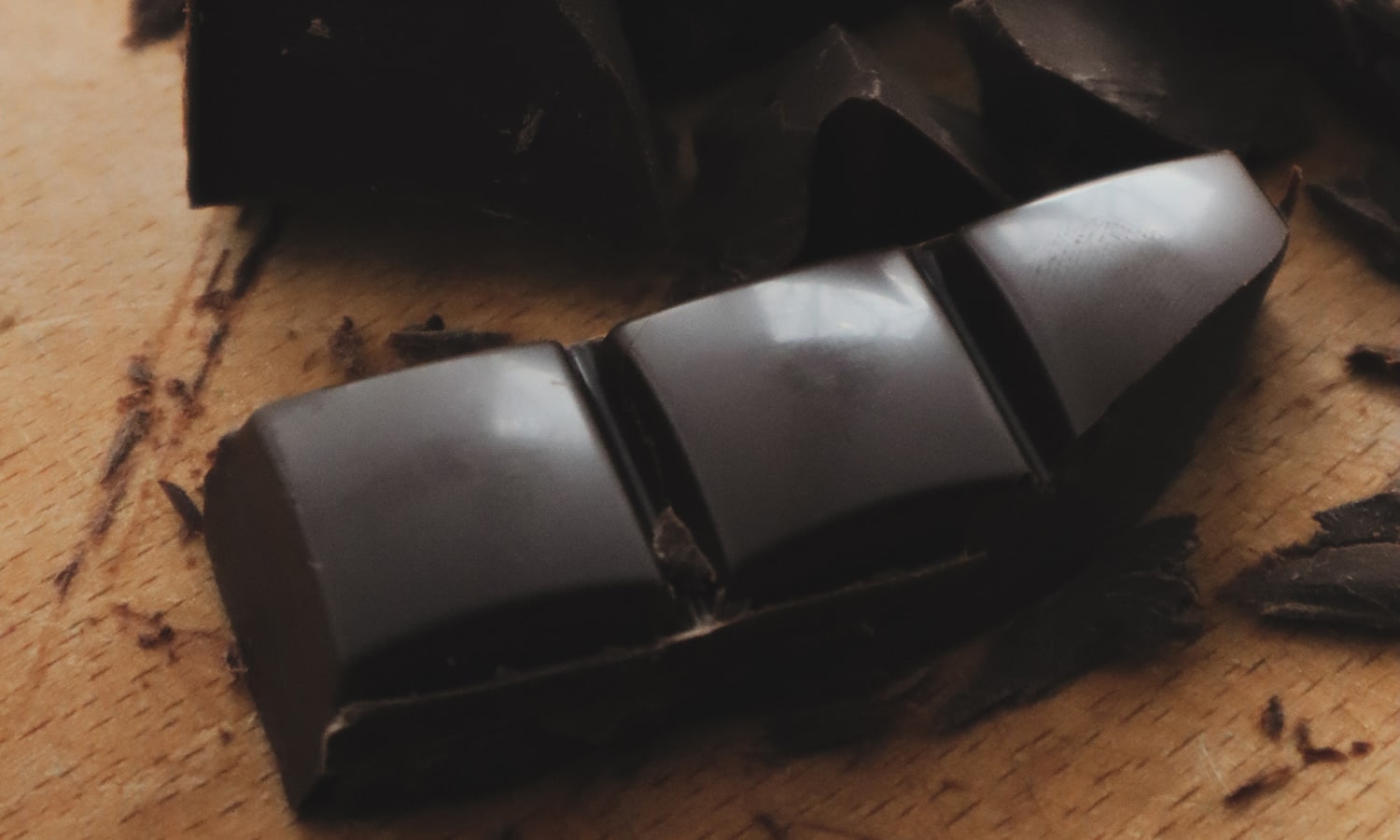You probably didn’t know your brain receives a different form of THC when using edibles vs. smoking a joint.
Everyone has an edible story these days. Your uncle, your college roommate, Seth Rogen. It always involves some variation of the following: You consume the edible and nothing happens for an hour. Cautious, you wait an extra 30 minutes or so. Finally, worried that you consumed too low a dosage, you pop another gummy or chocolate or whatever. Suddenly, you’re uncomfortably high and it’s only going to get worse.
Before you pop that delicious looking treat into your mouth, here’s what you need to know about consuming edibles for the first time.
Because they usually taste sweet or yummy, and don’t involve smoking of any kind, newcomers assume edibles are a more approachable and enjoyable way to try marijuana. That might be true, but it comes with an important caveat: Not all edibles are created equally and everyone reacts to edibles differently.
RELATED: How To Avoid Going To The Emergency Room For Marijuana Overdose
This is why, as edibles are set to become available across Canada, the country’s physicians published a commentary to urge caution when using edibles. Despite limited availability, edibles are already popular in Canada. According to the 2019 National Cannabis Survey, 27% of Canadians who used cannabis reported consuming edibles in the past three months.
“The onset of psychoactive effects from cannabis edibles can be delayed by up to 4 hours after consumption, and the effects can last for more than 8 hours overall, which lengthens the duration of impaired judgment and coordination experienced in comparison to inhaled cannabis,” co-authors Dr. Jasleen Grewal and public health researcher Lawrence Loh wrote.
RELATED: Why Does Seth Rogen Hate Marijuana Edibles?

The paper highlights two populations at risk for misusing edibles — young children and adults older than age 65. Children might accidentally eat edibles, thinking they’re candy. In Colorado, poison control centers saw a 70% increase in calls due to kids accidentally consuming marijuana through edibles. While edibles benefit older adults battling chronic conditions, the authors cautioned about the potential negative impact leading to falls, cognitive impairment, and interaction with other prescription drugs.
RELATED: 8 Things You Need To Know About Eating Marijuana Edibles
But the paper doesn’t explain why edibles impact you differently than puffing a joint. That’s because not all THC is the same. Let’s get scientific for a second. Smoking a joint releases what’s called delta-9 THC into your bloodstream. But edibles cause marijuana to go through your liver and releases a different compound called 11-hydroxy THC. Both forms of THC are relatively similar, but when 11-hydroxy THC crosses your blood-brain barrier, it activates receptors in your brain more fully than delta-9 THC does.
That stronger sensation is what causes new users to sometimes experience panic attacks and other adverse reactions when trying edibles. It’s literally a more potent form of THC to your brain, though enough research hasn’t been conducted for us to fully understand its impact. So next time you try edibles, and think you can handle the effects, just remember it is literally a stronger form of THC.


